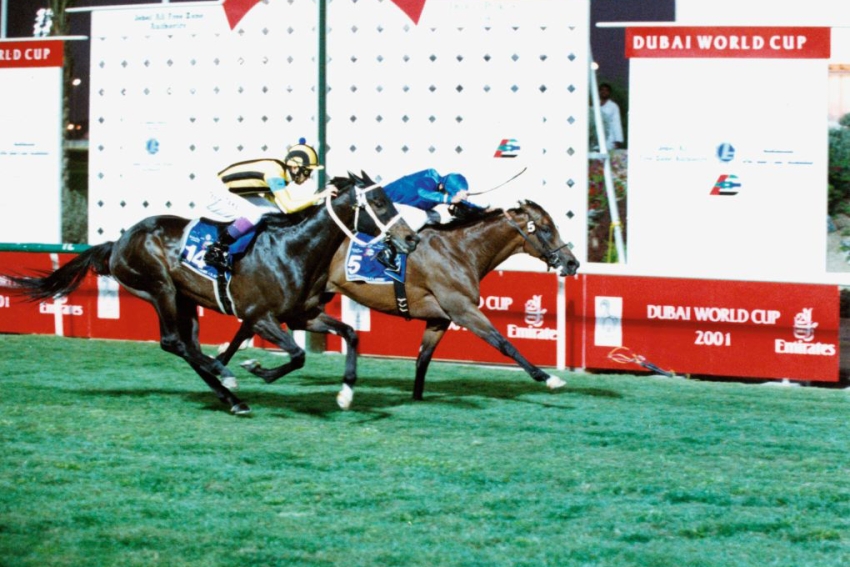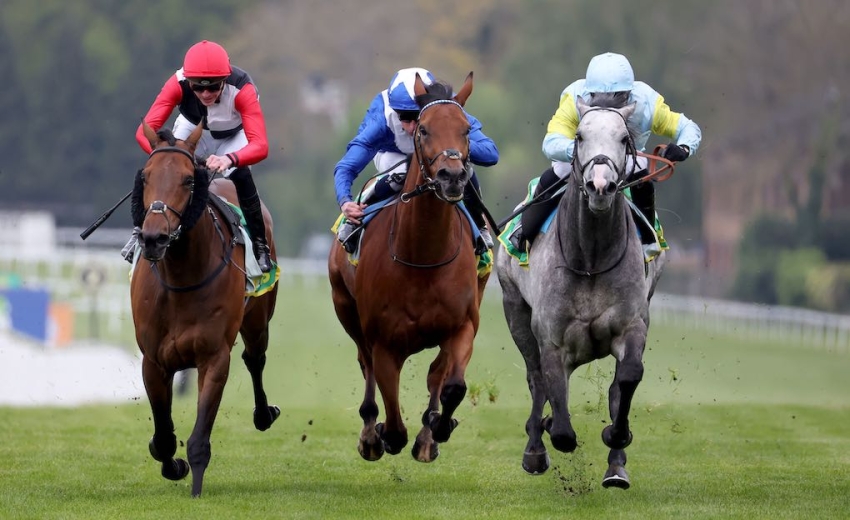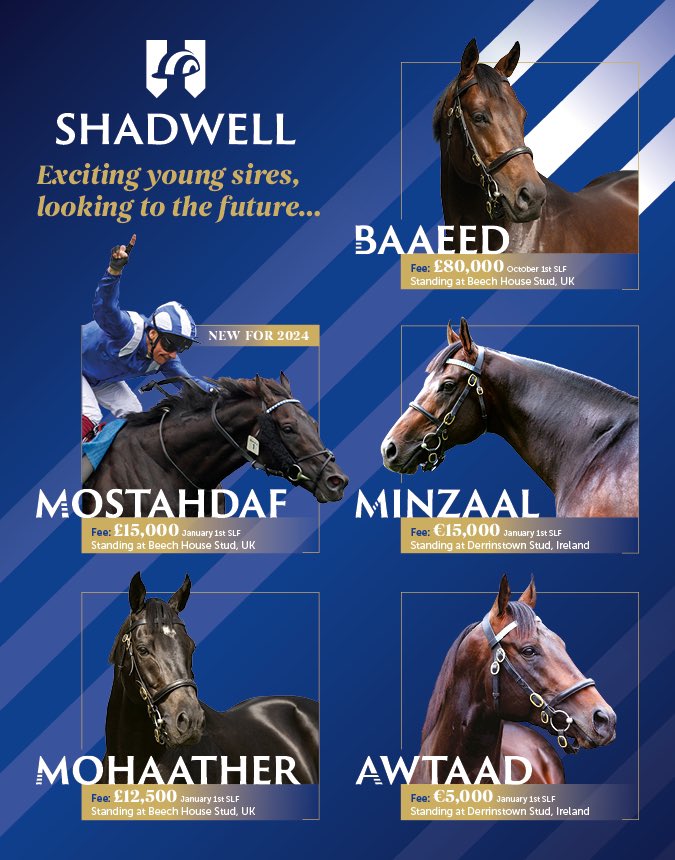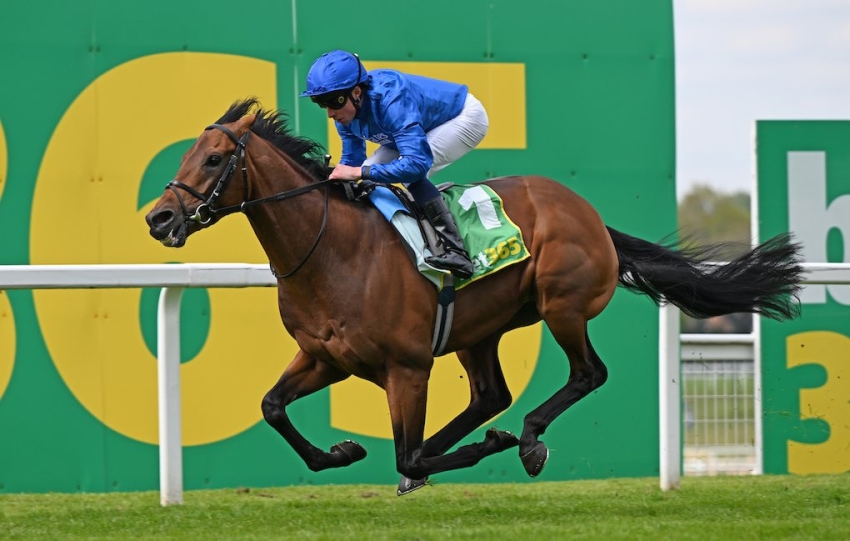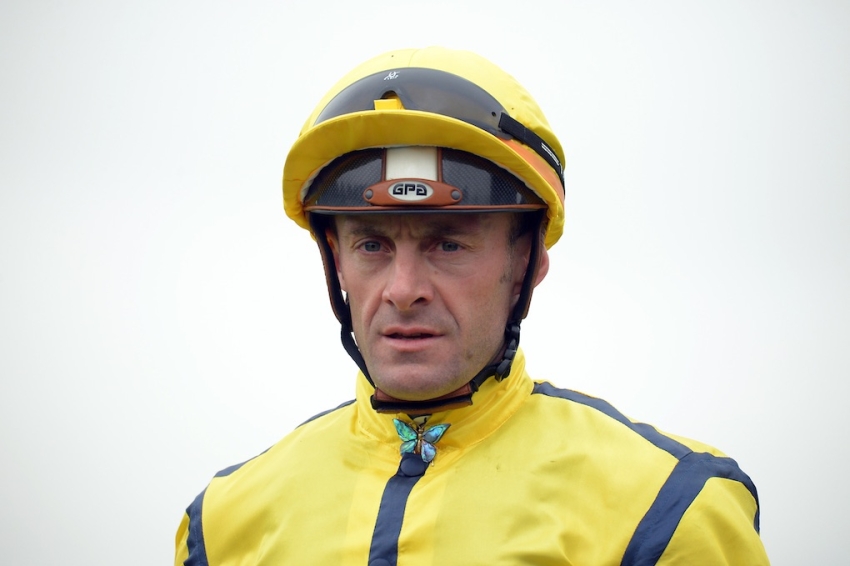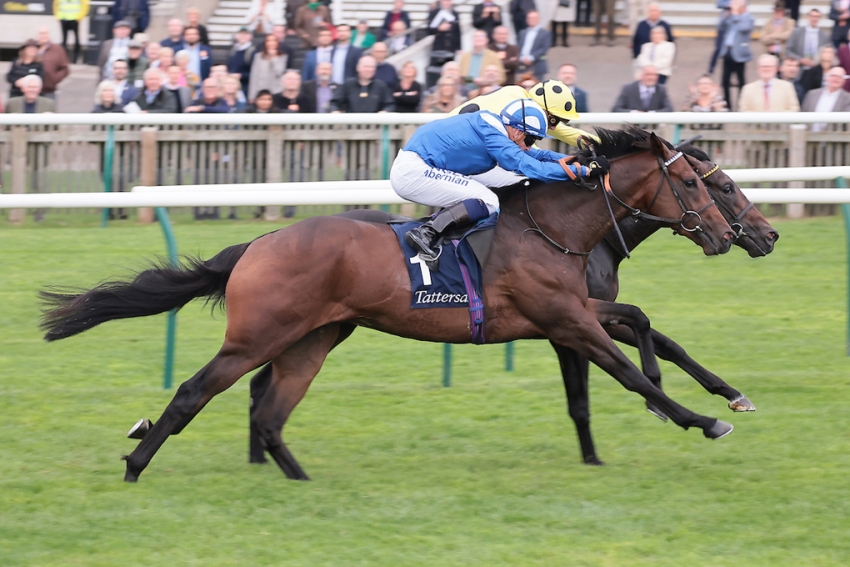Howard Wright -
The date, the time and the place are easy to identify: Saturday March 24th 2001, 2.42 and 28.23 seconds in the afternoon (UAE time) at Nad Al Sheba racecourse. What was so important? Because it was the occasion of the first Japanese-trained winner at the Dubai World Cup meeting, being held for just the sixth time as the world’s richest single day’s racing. Reporting for Al Adiyat at the time, I cannot be certain now how many thousands of those who were there at the time or watched on global television realised the significance of the occasion, as Japan’s perennial champion jockey Yutake Take urged Stay Gold past his British counterpart Frankie Dettori on Godolphin’s Fantastic Light right on the line in the Longines Dubai Sheema Classic.
But hindsight, that wonderful thing, tells us that this was an historic moment. The excitement of the last furlong could not have been more intense, as Dettori drove Fantastic Light past Jamie Spencer and the all-the-way leader Endless Hall a furlong from the finish, while Take made up ground relentlessly on Stay Gold from ninth place on the turn. The determining distance between the two main protagonists could not have been smaller, a nose, while the disparity for race fans could not have been better illustrated than in the difference between the pair’s international betting prices, Stay Gold at 33-1, Fantastic Light at 7-4 favourite.
In Racehorses of 2001, the world’s most prestigious annual publication, Timeform described Stay Gold as having “succeeded in pulling off a shock win.” It was such a shock that the seven-year-old was not given the honour of the long comment that was normally afforded to the winner of such a prestigious race, or the achiever of such a ground-breaking performance. Instead, while Stay Gold’s 2001 season was summed up in note form covering 11 lines and a single action picture, Fantastic Light’s achievements filled an essay of eight closely-typed pages and five photographs. Retired at the end of the season as the first horse in British racing history to win over £4m in prize-money, Fantastic Light’s subsequent victories in the Prince of Wales’s Stakes, Irish Champion Stakes and Breeders’ Cup Turf enabled him to retain the Emirates World Series and to be voted Cartier Horse of the Year.
JAPAN’S OPENING UP TO THE WORLD
Stay Gold was also retired to stud at the end of the year by his owners the Shadai Race Horse Co. ending his racing career by winning the Hong Kong Vase from another Godolphin, Saeed bin Suroor and Dettori contender in Ekraar. Timeform rated Stay Gold at 127, 7lb inferior to Fantastic Light, by that time, but their long-term influence was much closer. Not that Japanese-trained horses were complete unknowns in international racing. As former Al Adiyat correspondent Nick Godfrey wrote: “The creation of the Japan Cup in 1981 marked the first stirrings of a more outward-looking attitude to the Japanese racing industry, previously a closed shop with overseas runners barred.”
However, it was not until 2007 that Japan opened all its Group races to international horses. The previous season the Godolphin Mile fell to Utopia, that year the Dubai Turf was won by Admire Moon, to be followed by the World Cup itself to Victoire Pisa (2011), the Al Quoz Sprint to Amber Sky (2014), the UAE Derby to Lani (2016) and finally the Dubai Gold Cup to Stay Gold’s son Stay Foolish (2022), leaving just the Golden Shaheen still to carry the Japanese flag. And so, to this year, when Japanese connections have spread 24 horses across seven of the eight thoroughbred races, with only the Godolphin Mile devoid of involvement. As Simply Red sung in 1991, “Something Got Me Started.” Ten years later it was Stay Gold that got Japan started In Dubai.



